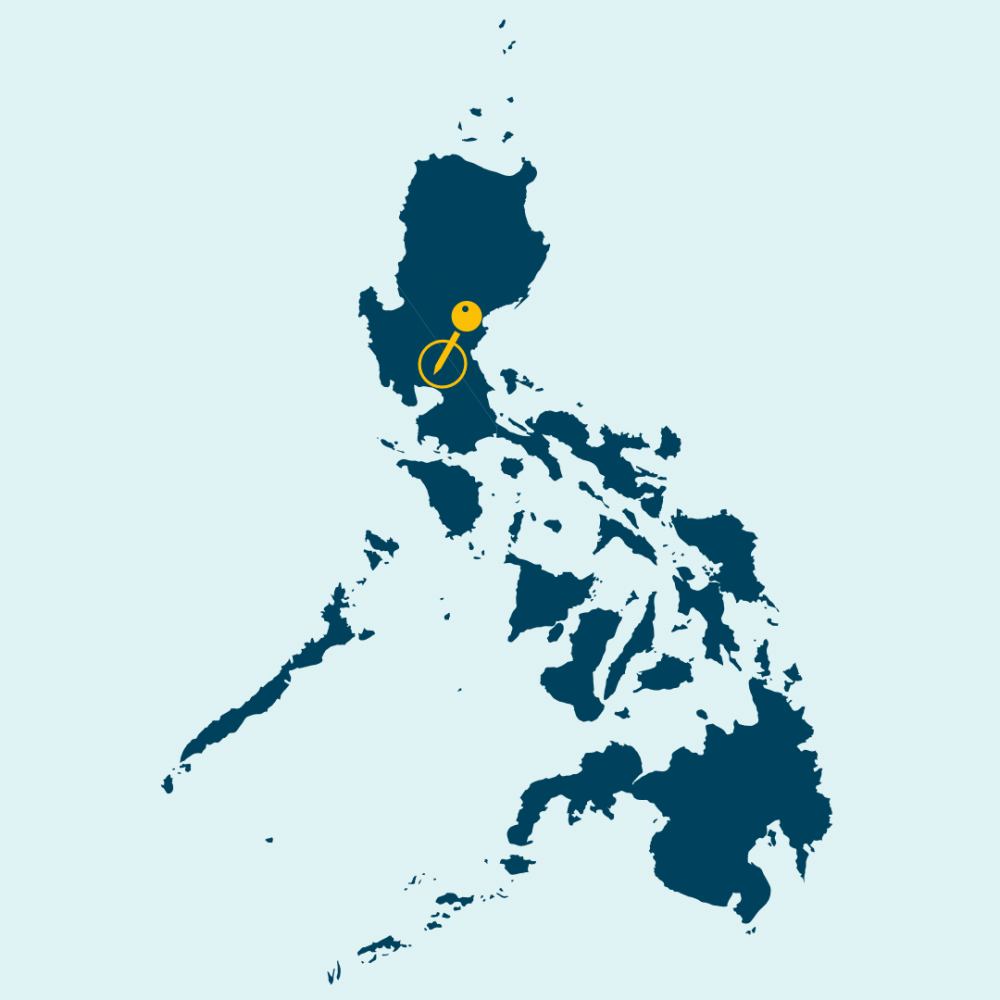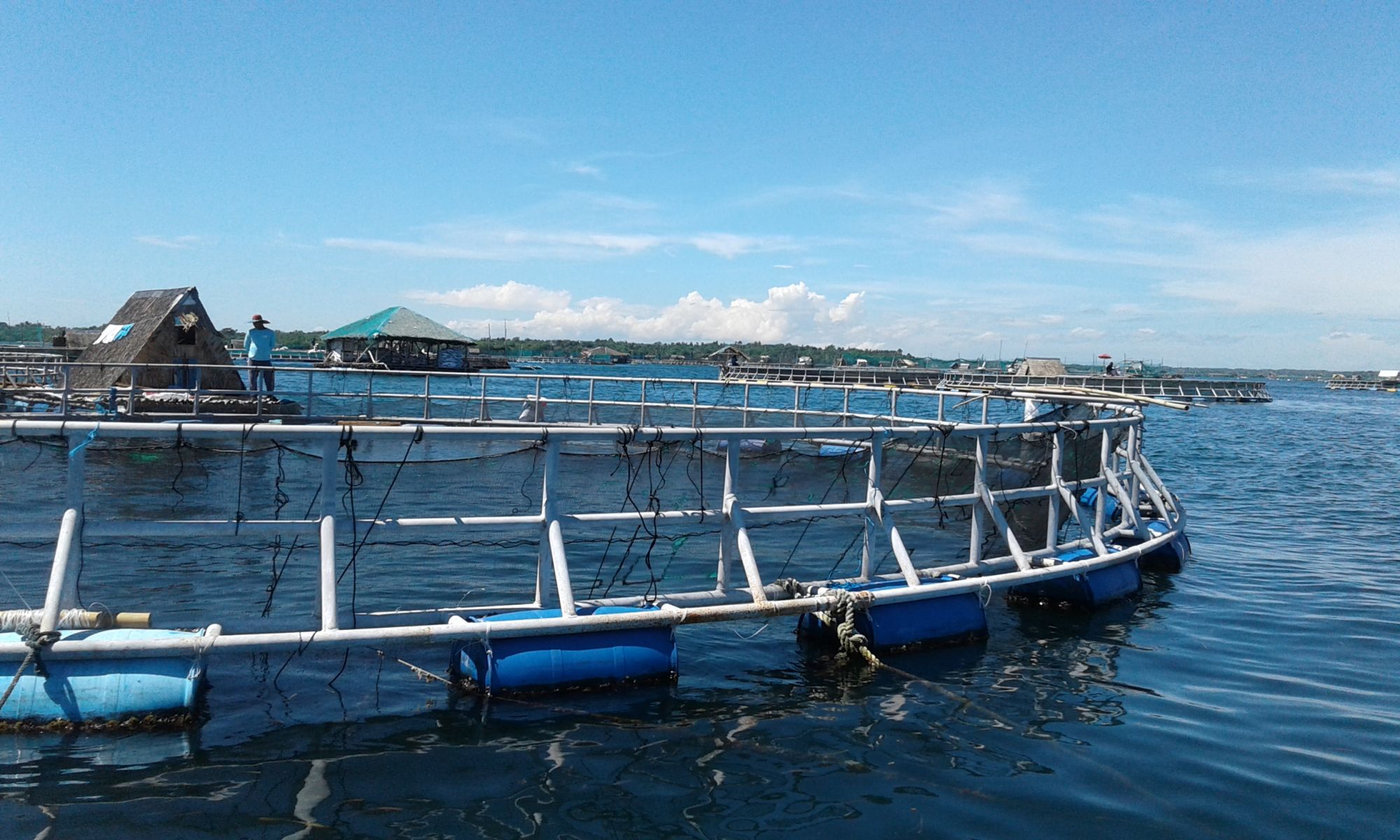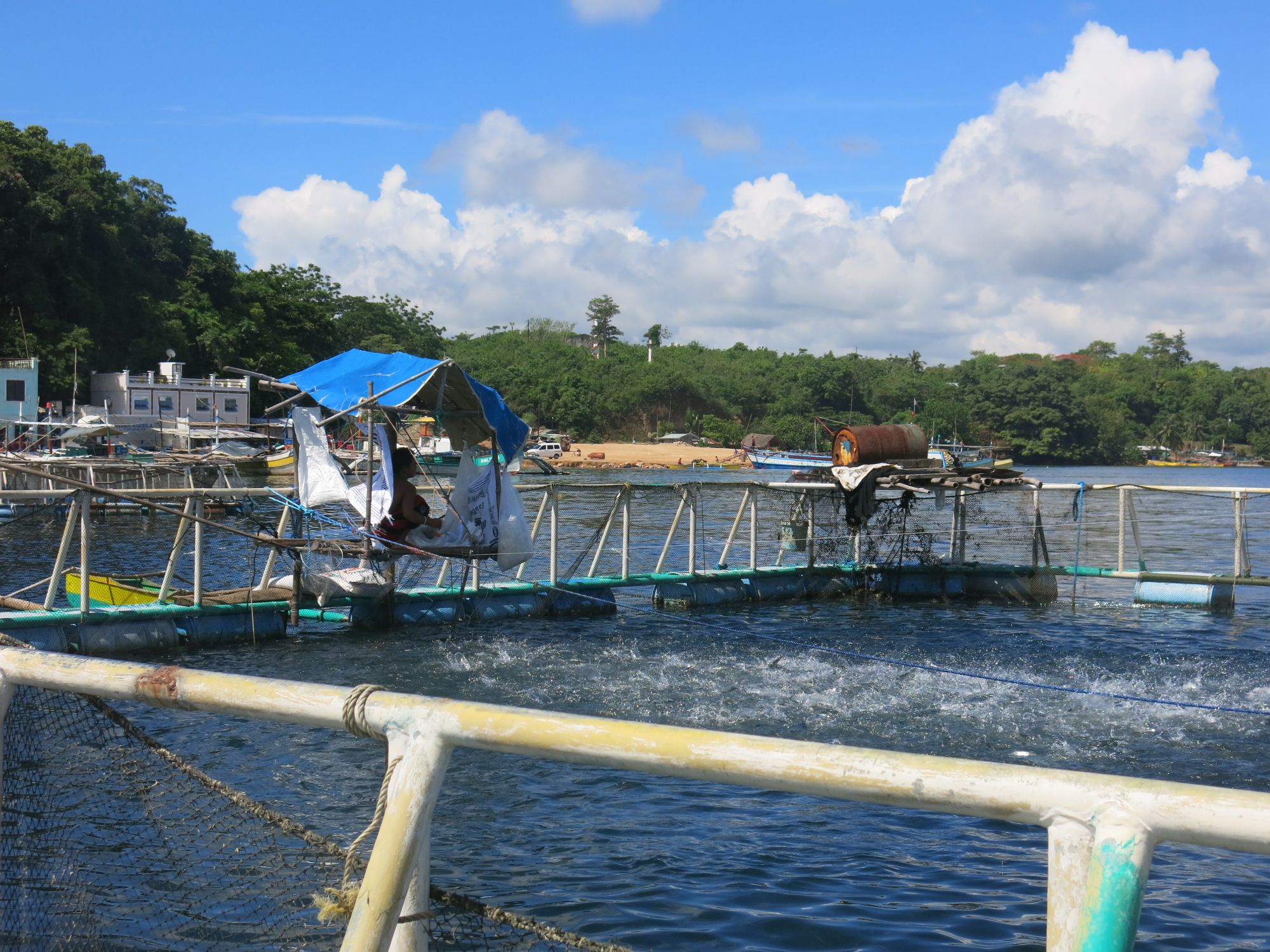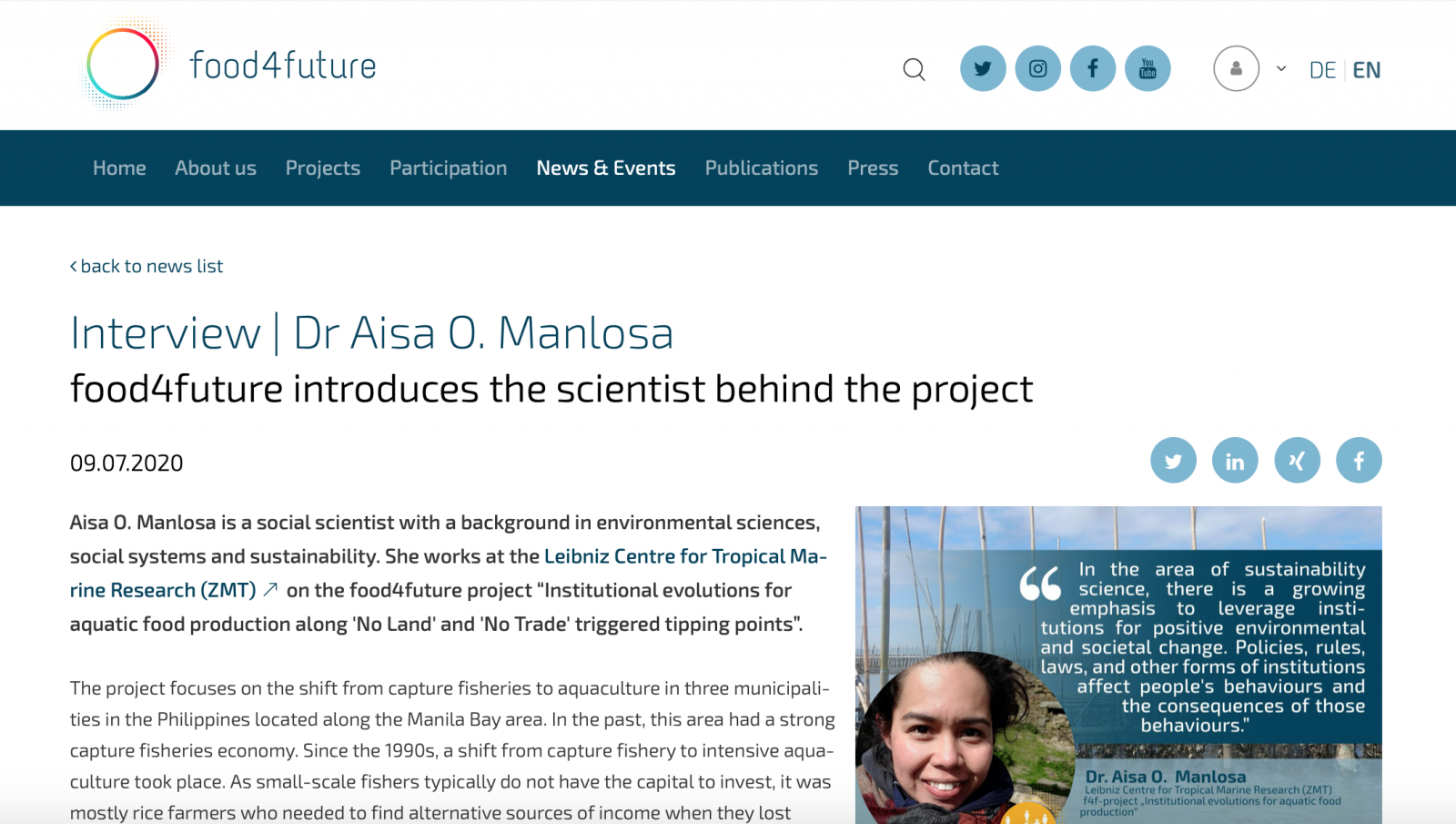Institutional evolutions for aquatic food production
Triggered tipping points along "No Land" and "No Trade"
Map of the Republic of the Philippines. Province of Bulacan on the main island of Luzon.
Three billion people rely on fish as their main source of protein and about half of the fish production comes from aquaculture. What institutional changes underlie the notable growth of the aquaculture sector and how may these institutions shift under "No Land" and "No Trade" scenarios? We focus on the Philippines as a case study and explore trade links with Germany in this globalised market to unpack the nexus between institutions, aquaculture and food security.
The fishing sector plays an important role in achieving food security for the present and the future. At a global scale, consumption of fish protein is shifting from capture fishery to aquaculture. This study is designed to build understanding of institutional changes underlying the marine and aquatic food sector and to draw on this understanding for foresight under "No Land" and "No Trade" scenarios. It is important to understand processes of institutional change because institutions are recognised as levers for sustainability. To better prepare for "No Land" and "No Trade" scenarios, we will need to know how institutions have evolved, and the processes of change that they are likely to undergo. As an analogue for "No Land", we empirically investigate institutional change in an area that has experienced a shift from a dominance of capture fishery to intensified aquaculture. The focus is on the province of Bulacan in the Philippines. The results are expected to contribute to a better understanding of the complexity of fishing-related institutions particularly in a Global South setting where much of the world‘s aquatic food imports are sourced from. For "No Trade", we will draw on literature and secondary data to investigate the potential ways that institutions in Germany might evolve to support sufficient aquatic food production.
Text: A.-K. Hornidge, A. Schlüter, A. Manlosa, ZMT
Contact
Leibniz Centre for Tropical Marine Research (ZMT) GmbH
AG Development and Sociology of Knowledge,
AG Institutions and Behavioural Economics
Fahrenheitstraße 6
28359 Bremen
Germany
Website
www.leibniz-zmt.de
Project duration
March 2019 - September 2021
Interaction with f4f and other partners
HUB, IGZ, IRI THESys, ZMT
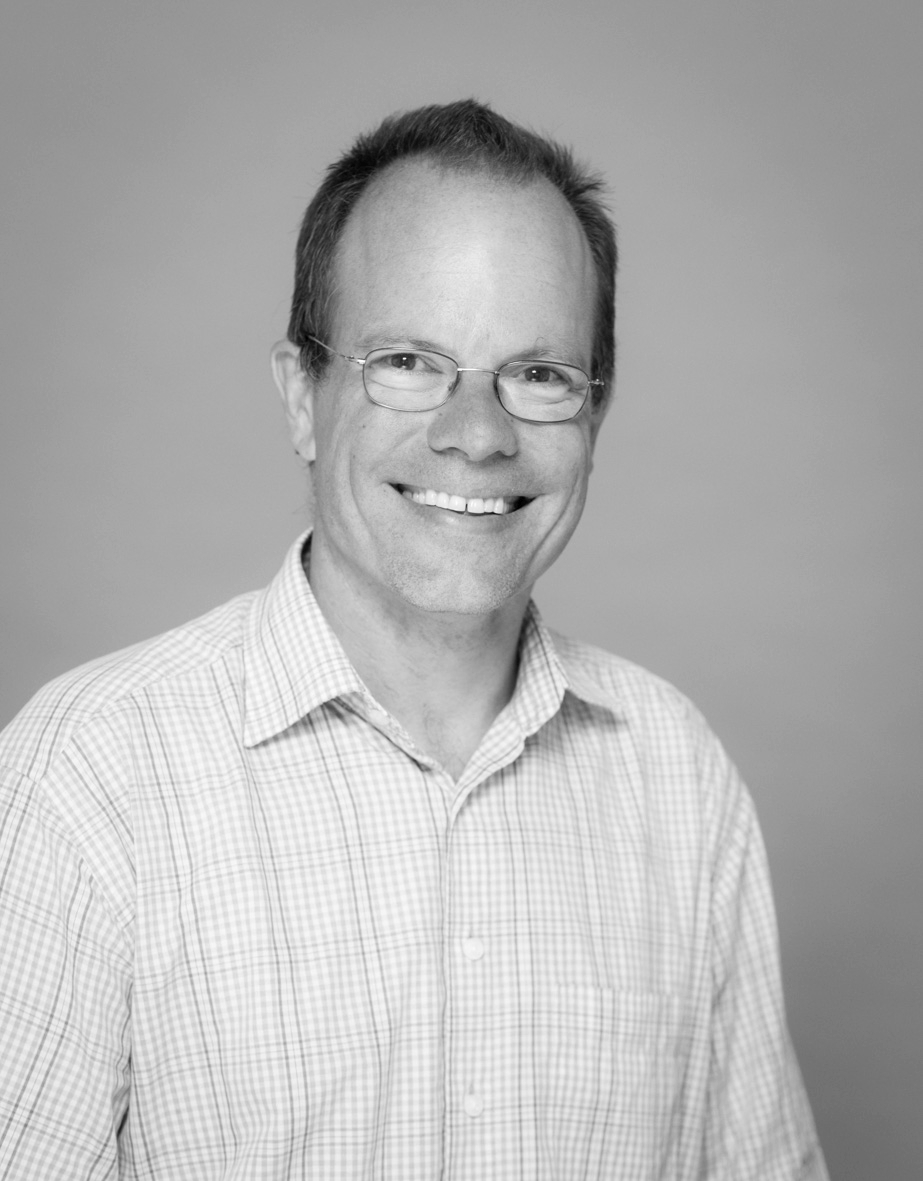
Prof. Dr. Achim Schlüter is head of the research group "Institutional and Behavioural Economics" at the Leibniz Center for Tropical Marine Research (ZMT). He is also Professor of Social Systems and Ecological Economic and Business & Economics at Jacobs University in Bremen. His research focuses on institutional economics, ecological economics and experimental economics.
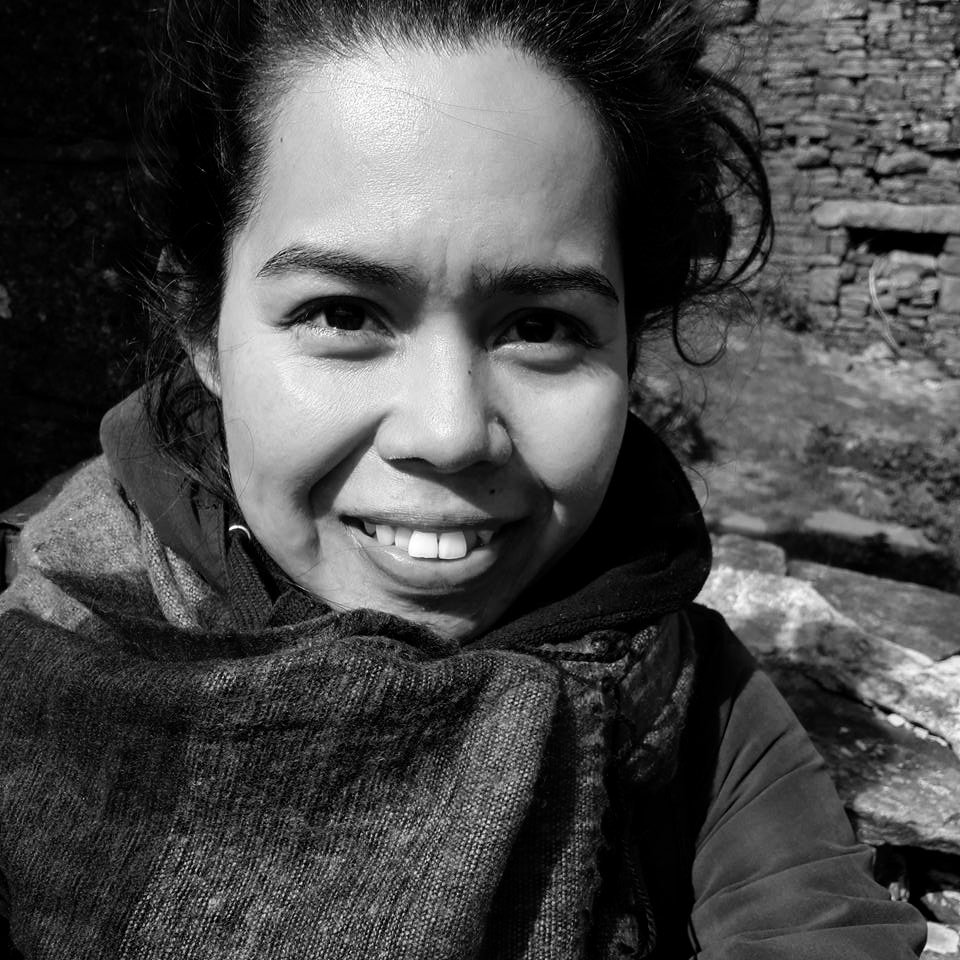
Dr. Aisa O. Manlosa
Scientist
Dr. Aisa O. Manlosa is a scientist in the research group "Institutional and Behavioral Economics" at the Leibniz Center for Tropical Marine Research (ZMT).
Prof. Dr. Anna-Katharina Hornidge
Former Co-PI
Fisheries and Aquaculture in Bulacan, Philippines
The video was produced from photos and videos during field work from November 2019 to March 2020 of the food4future social science research at ZMT focusing on Institutional evolution for aquatic food production along “no land” and “no trade” triggered tipping points. The aim is to understand institutions related to aquatic food systems and examine how they changed in a coastal social-ecological system in Bulacan, Philippines, where capture fisheries were traditionally the main source of aquatic food and where aquaculture eventually became an established sector.
The narrative is based on data from in-depth interviews. The video provides background information on the study area and discusses key sustainability challenges.
Manlosa A.O., Albrecht J., Riechers M. (2023). Social capital strengthens agency among fish farmers: Small scale aquaculture in Bulacan, Philippines. (Frontiers in Aquaculture)
doi:10.3389/faquc.2023.1106416
Manlosa, A.O., Partelow S., Jiren T.S., Riechers M. & Paramita A.O. (2023). The role of institutions in food system transformations: lessons learned from transdisciplinary engagements in Ethiopia, the Philippines, and Indonesia. (Ecosystems and People)
doi:10.1080/26395916.2022.2146753
Manlosa, A.O., Hornidge, AK. & Schlüter, A. (2021). Institutions and institutional changes: aquatic food production in Central Luzon, Philippines. (Reg Environ Change)
doi: 10.1007/s10113-021-01853-4
Manlosa, A.O., Hornidge, AK. & Schlüter, A. (2021). Aquaculture-capture fisheries nexus under Covid-19: impacts, diversity, and social-ecological resilience. Maritime Studies
doi:10.1007/s40152-021-00213-6
